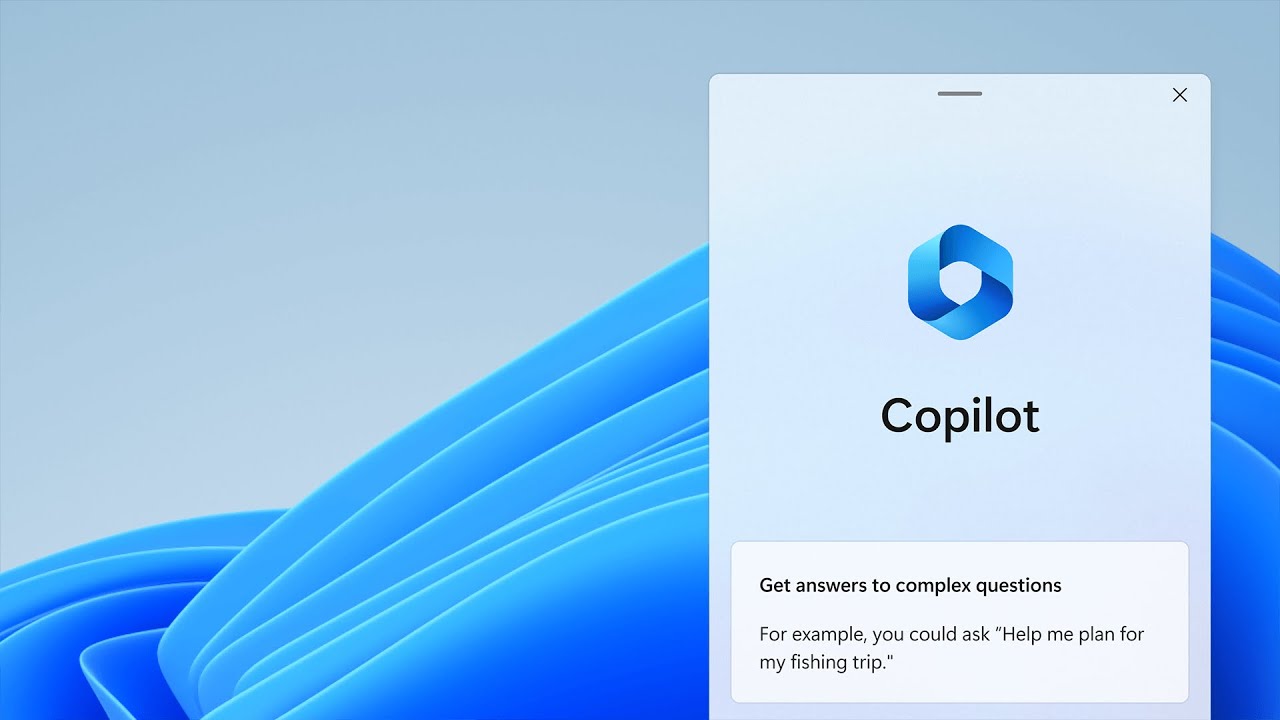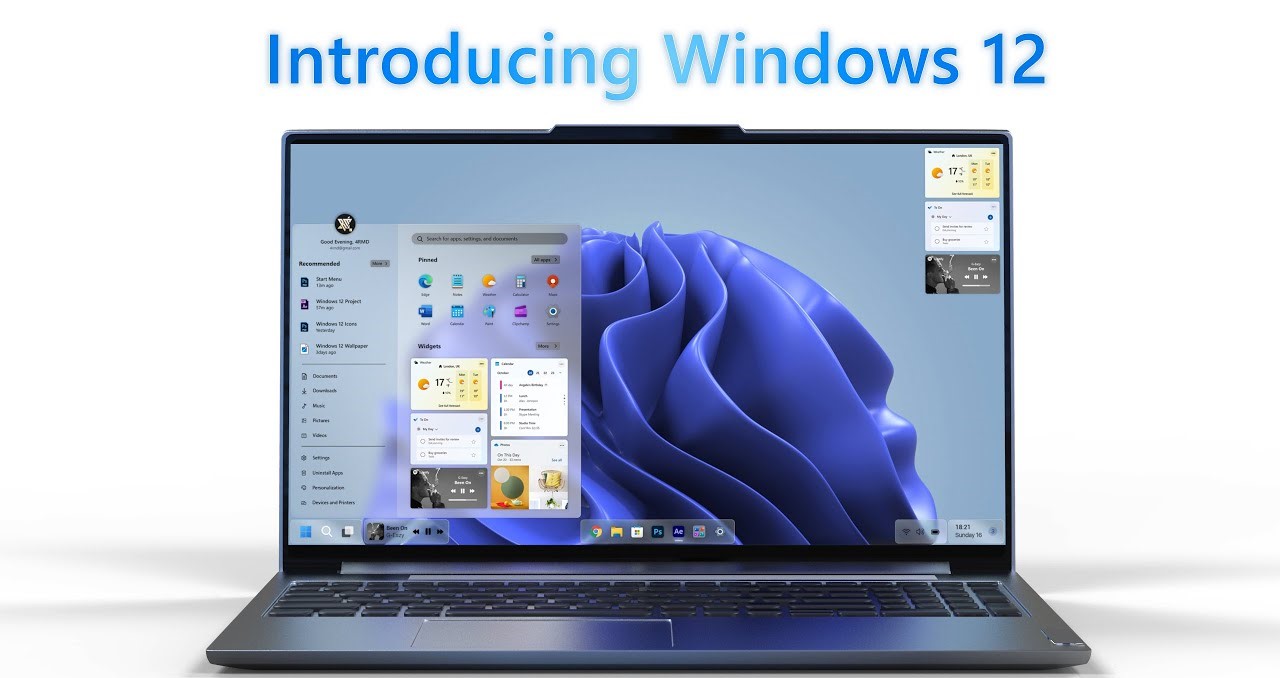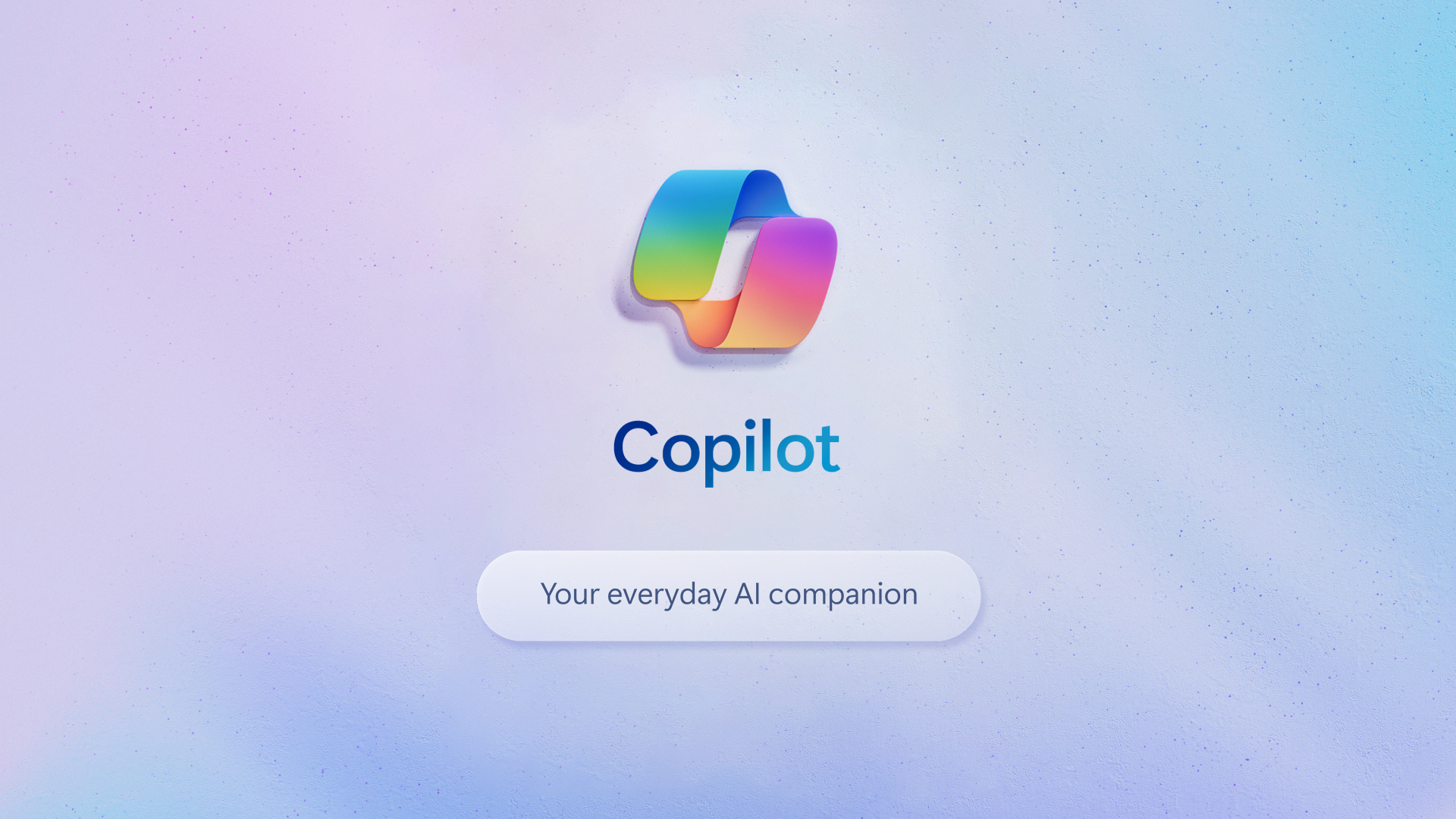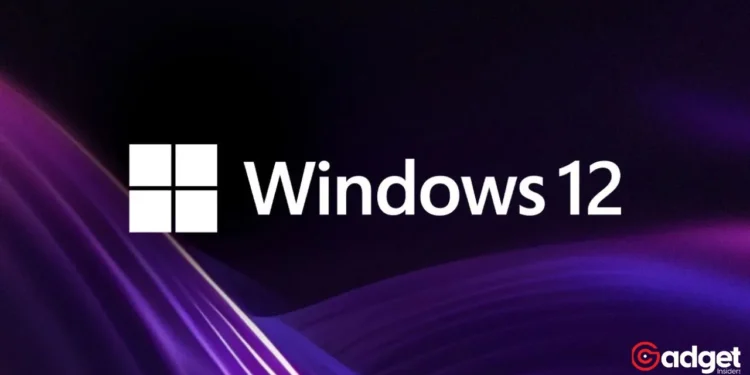In an era where technology is rapidly evolving, Windows 12, Microsoft’s upcoming operating system is set to bring about a transformative change in the world of personal computing. Industry insights reveal that Microsoft is raising the bar for hardware requirements, mandating 16GB of base memory for effectively running its latest AI features assistant Copilot. This move signals a significant shift towards “AI PCs,” a new generation of computers designed to meet the burgeoning demands of advanced AI applications.

A Leap in System Requirements
Windows 12’s leap from the current 4GB memory requirement of Windows 11 to 16GB represents more than just a quantitative change; it marks a qualitative transformation in how we perceive and use personal computers. This substantial increase in memory requirements is not just about accommodating the operating system. It’s a clear indication of Microsoft’s commitment to integrating AI seamlessly into everyday computing.
Luke Larsen from Digital Trends highlights the Dell XPS 13 as a front-runner in this new era, exemplifying the kind of powerful specifications these AI PCs are expected to boast. The industry is abuzz with anticipation as key players like Intel, AMD, and Qualcomm unveil new systems on chips (SoCs) designed to power these sophisticated machines. These SoCs, with their capability to perform trillions of operations per second, are crucial to realizing the vision of AI-integrated computing.

Windows 12: A Catalyst for Change
The introduction of Windows 12 is more than just another update; it’s a catalyst that will redefine the PC landscape. Microsoft’s decision to set a high bar for AI performance, with a standard of 40 TOPS (trillions of operations per second), is a bold move that will shape the future of computing.
For perspective, the current Intel Meteor Lake CPUs, with their 34 TOPS capability, fall short of this new standard, while upcoming models like the Lunar Lake CPUs and AMD’s Zen 5 APUs are gearing up to meet these new requirements.
By @TarasBuria – According to new rumors, Microsoft is set to increase minimum hardware requirements for the next-gen Windows (some call it Windows "12"). 16GB of RAM might become a minimum for AI PCs. #Microsoft #Windows12 https://t.co/KSNPGfx9cM
— NeowinFeed (@NeowinFeed) January 19, 2024
Beyond Memory: The Future of AI PCs
The shift to Windows 12 and AI PCs is not just about memory and processing power. It’s about reimagining what computers can do. With AI becoming an integral part of our digital experience, the demand for machines that can efficiently run AI applications is skyrocketing. This transition signifies a fundamental change in how we interact with technology, making AI an everyday reality.

The industry analyst Trendforce aptly notes that this new standard might compel computer manufacturers to redefine what constitutes an entry-level product. This is not merely an upgrade; it’s a revolution in the making. The expectation is that consumers will lean towards purchasing new Windows 12 devices, equipped to handle the complexities of AI, rather than merely updating their existing systems.
Embracing the AI Revolution
As we stand on the brink of this new era, it’s clear that Windows 12 is more than just an operating system; it’s the harbinger of a future where AI is at the core of our computing experience. With major players in the industry aligning their offerings to meet the demands of AI PCs, the stage is set for a transformative journey into the world of advanced computing.
As Windows continues to be a pivotal connector in the world of computers, its influence in shaping the AI PC landscape is undeniable. We are not just witnessing an evolution; we are part of a revolution, one that redefines the essence of personal computing.










